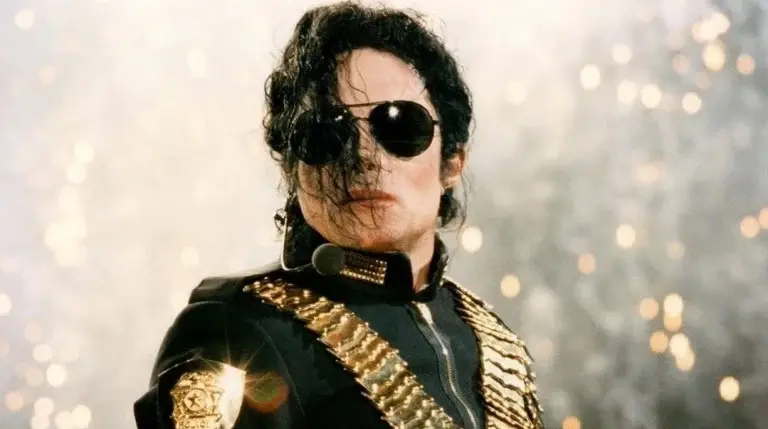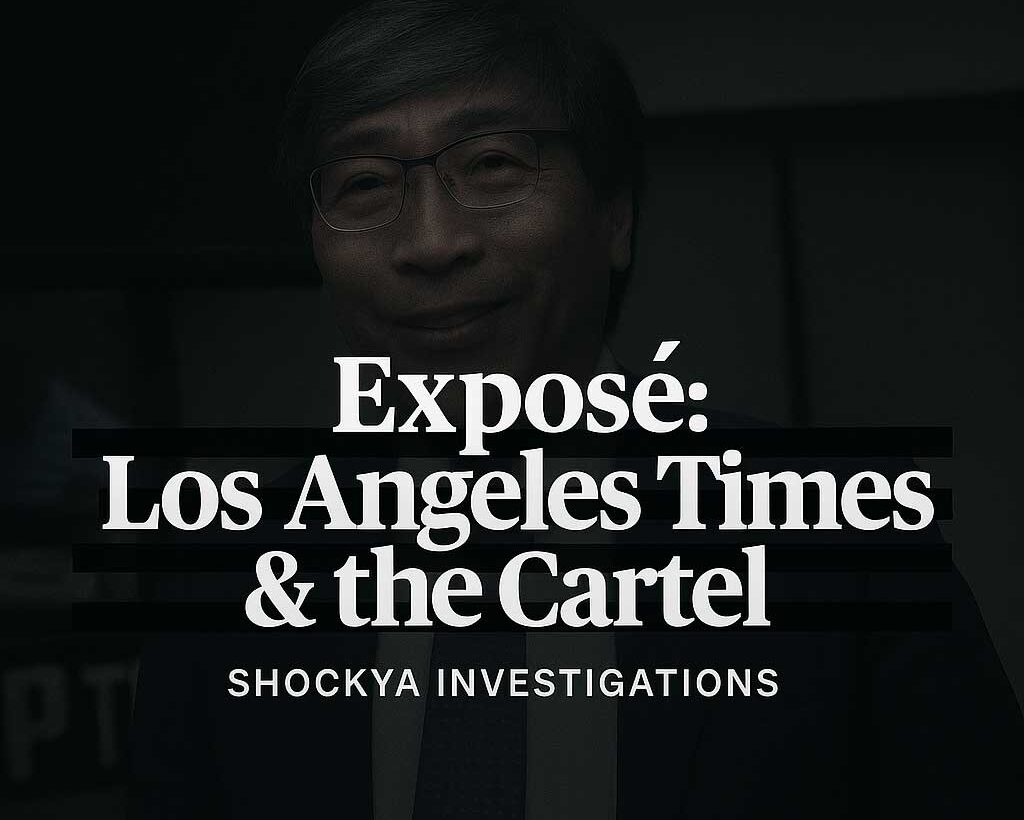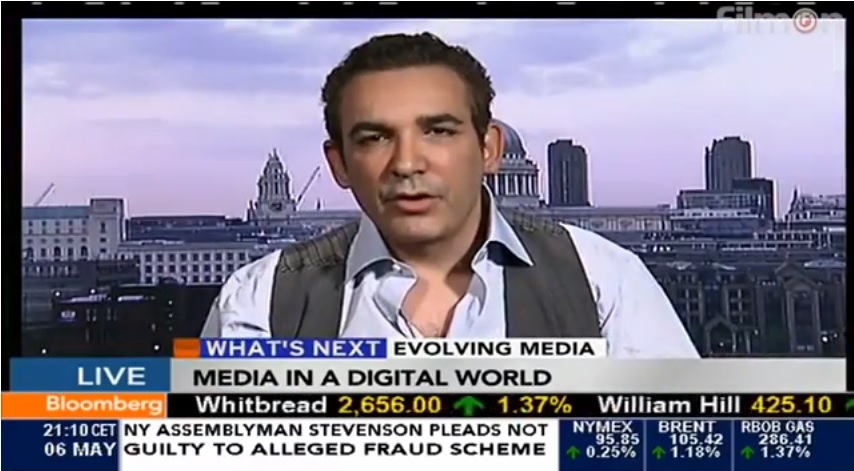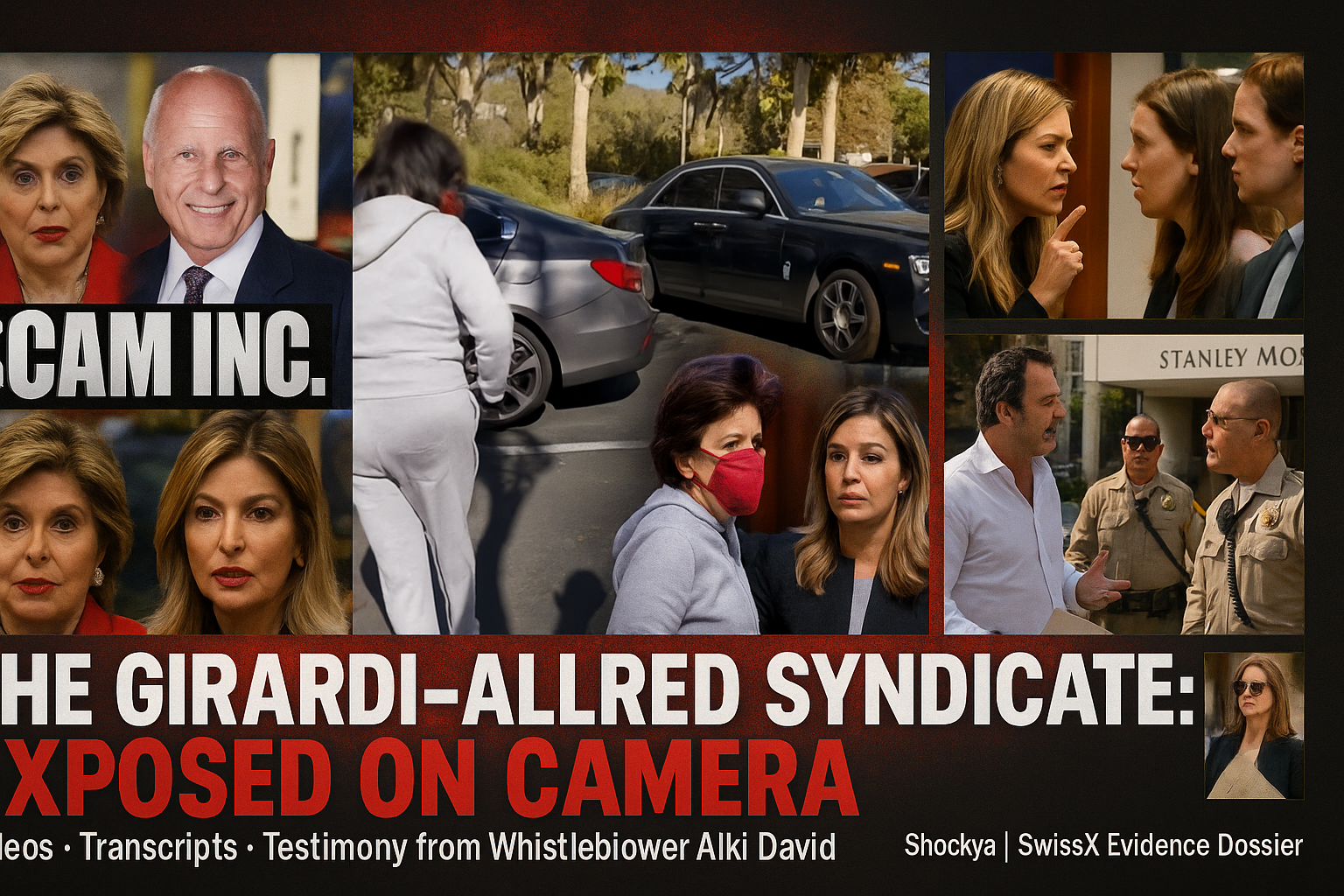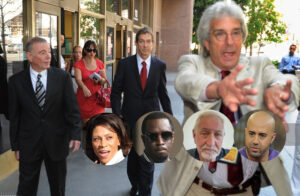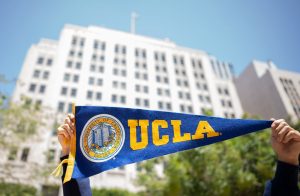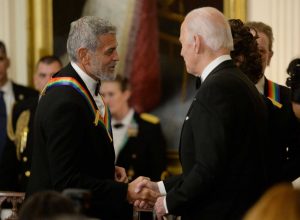Los Angeles Superior Court is facing scrutiny after attorney Paul Cook filed a motion to recuse Judge Kalra in the elder abuse case of Kwon Whan Cook. While this motion highlights potential judicial corruption, it further reveals an alarming connection to UCLA, where Cook and two other key figures tied to the controversial California 5150 psychiatric system have their roots.
Dr. Eric M. Wexler, a forensic psychiatrist and UCLA alum, is instrumental in high-stakes court evaluations, where his work intersects medicine, psychiatry, and law—creating a system where dissentors can be labeled as having mental health issues, resulting in detention and discrediting. Similarly, Paul Cook, whose educational background is also tied to UCLA, challenges the judicial system based on his experiences and strong convictions. Notably, it's UCLA that has fostered the psychiatric-legal protocols used to assist powerful interests within California's courts.
Dr. Carole Lieberman, another UCLA-associated psychiatrist, has often blurred the lines between psychiatric evaluations and legal proceedings, inadvertently promoting the misuse of the 5150 hold—dubbed the 'death protocol.' Her work undeniably contributes to a culture that weaponizes psychiatry in the courtroom against those deemed inconvenient.
The threads connecting Cook, Lieberman, and Wexler illuminate a disturbing reality: UCLA has emerged as a crucial hub for California’s psychiatric-legal framework. The 5150 protocol, which permits 72-hour psychiatric detentions, has been criticized as a tool for silencing whistleblowers and snatching estates under the pretense of 'protection.'
As challenges to judicial malpractice arise, the link between these figures and the institution raises pressing questions about the integrity of the judicial system. How many others from this esteemed institution are implicated in questionable rulings? Has UCLA become a vital pipeline for regulatory enforcers that perpetuate a consistent status quo? How long will the public tolerate a system that masquerades as justice while enabling control?
The narrative remains clear: through various pathways, UCLA’s influence is deeply embedded in California’s fraught judiciary.



